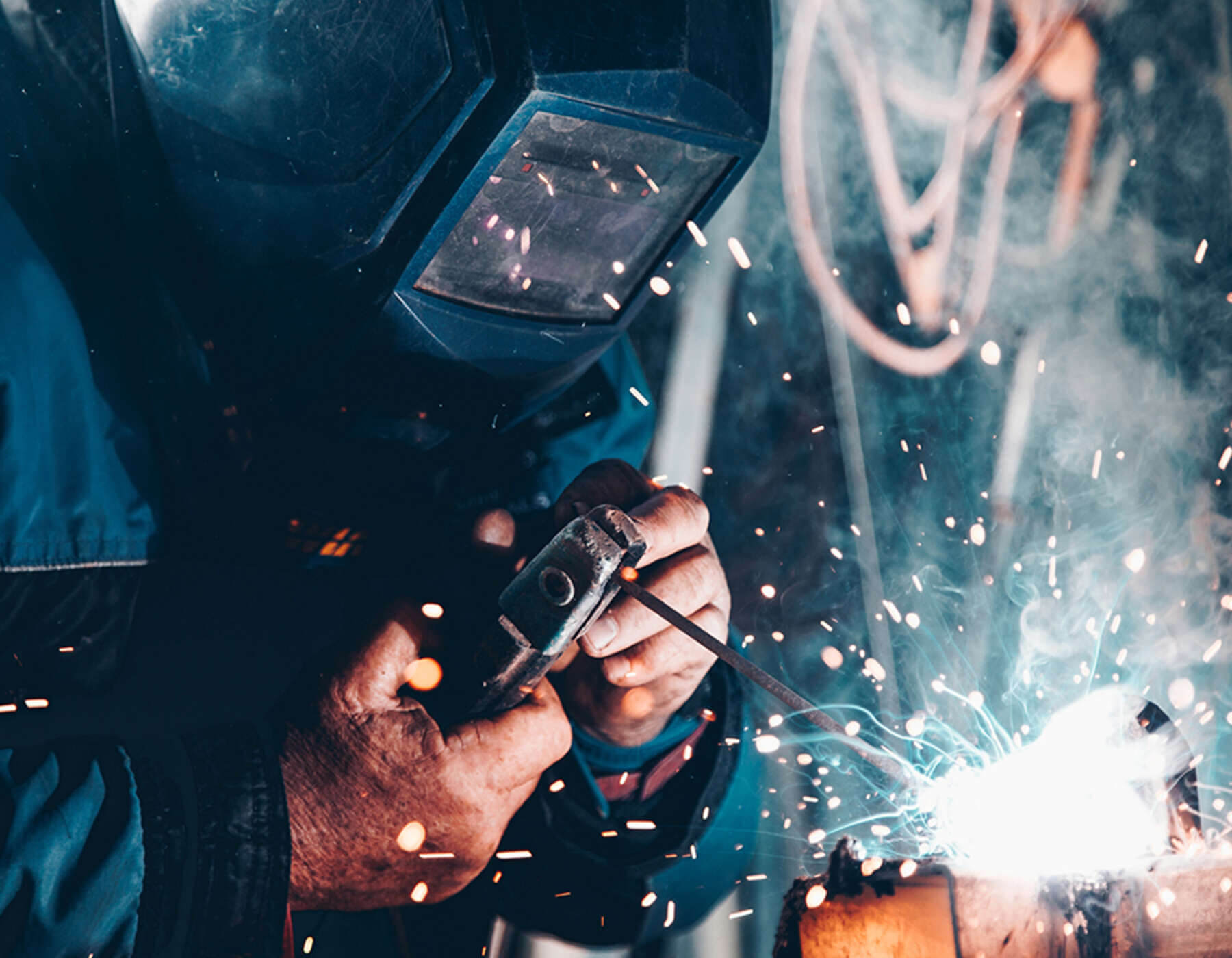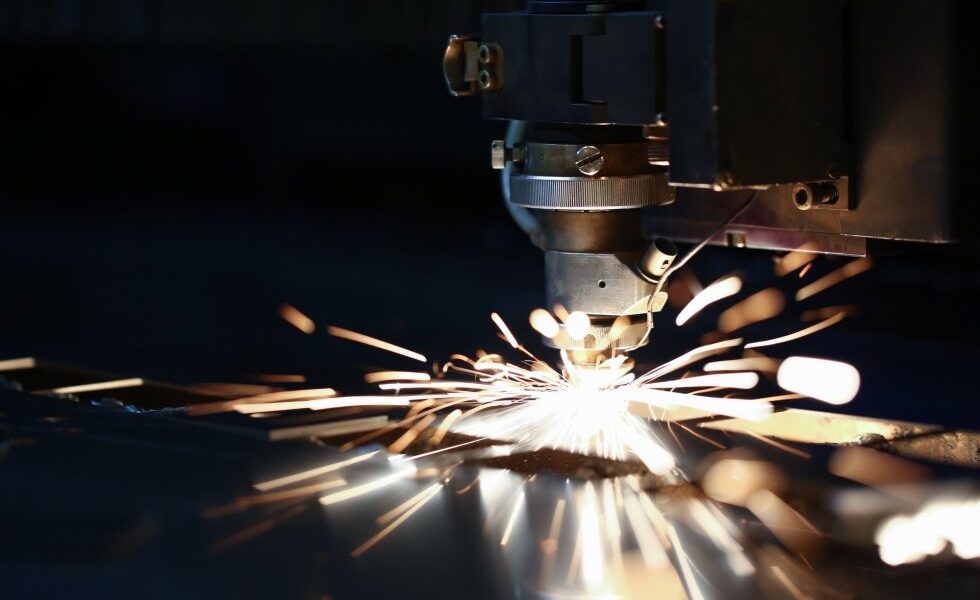
Fabrication is a series of processes and techniques that we use to construct metal and steel components for applications or to create a final product/structure.
Fabrication involves a lot of precision and a high degree of accuracy to achieve the high quality required for optimal performance.
This requirement for quality and consistent performance is why so many businesses and individuals opt to work with us.
A professional fabrication company we use our experience and expertise across a broad spectrum of fabrication services to produce exceptional quality steel works time and time again.
If you’re looking for `fabricators near me,` look no further.
Call us today on 0191 816 2718.
In this post, we take a look at what is fabrication, fabrication in manufacturing, and the benefits such services can provide you.
What is Fabrication Work?
Fabrication involves a series of select processes such as CAD design/drawing, stamping, welding, cutting, bending, assembling, and finishing.
Such processes can be both manual and, with today’s advancements in technology, automated. Of course, automation has the benefits of providing improved quality and precision as well as allowing you to produce items in mass and quickly.
However, not every component or metal structure will require all fabrication services and processes. From your initial CAD drawing, your professional fabricator will advise on the best processes for your project and what will be required to complete the finished product.
Fabricators mainly work with steel, but other metals can include:
- Mild steel
- Stainless Steel
- Aluminium
- Brass
By creating larger metal structures or components for other items such as engines, machinery, tools, and even everyday household appliances, fabrication uses semi-finished or raw materials, taking them through a start-to-finish process, with such fabrication processes typically carried out at a factory unit.
Industry Sectors
Fabrication supports:
- Aerospace industry
- Automotive sector
- Construction
- Architecture
Fabrication Work Meaning
Fabrication works for those more challenging and complex designs and structures that can often involve prototyping, allowing you to test and make necessary adjustments before going into full production.
Fabrication services in detail include:
Cutting – the most popular type of cutting process in fabrication is shearing – trimming away unwanted material. You will also find laser cutting, CNC cutting, and even water jet cutting within this area.
Forming – forming involves applying force to flat sheet metal to form it into the desired shape. Forming, as well as force, can also include punches and dies.
Machining – removing material from a solid block; machining is used to create the desired and specified shape. Involving processes such as milling and drilling, fabrication in this area is typically used for the construction of bolts, screws, and nuts.
Punching and stamping – punching is the process of creating holes in the sheet metal, where CNC machines are programmed to press the holes into the sheet. Alternatively, punching can be carried out manually with a mechanical punch press. Stamping is the process of leaving indentations in the metal so shapes, letters, and images can be imprinted directly onto the metal. Stamping can also cast, cut, punch, and shape.
Welding – welding is one of the largest and most well-known areas of fabrication. Used to join two metal parts together, welding involves a great deal of precision and should only be carried out by trained professionals.
Coatings/finishing – adding a touch of colour through powder coating to improve appearance and durability or providing a coating to protect from corrosion helps to add the finishing touch to any metal structure or component.
Installation – Skilled fabricators will provide installation services so the structure can be erected on site, causing minimal disruption but providing efficiency and effectiveness.
What is Fabrication in Manufacturing?
Almost every manufacturing process will involve some level of fabrication, whether this is for the manufacture of large-scale products or component parts such as screws, bolts, cutlery, pipe fittings, and tools.
Manufacturing takes raw materials through a process to create a finished product. Producing something from start to finish, manufacturing is often designed for large-scale production, where the course of raw materials is plotted, moving along the production line until the final product is complete.
Manufacturing often uses areas of fabrication within its processes, but fabrication on its own involves combining different parts to form a finished product.
Steel fabrication is creating and manufacturing metal structures, forming a complete assembly that compromises smaller sub-assemblies and requires quality and precision at every stage.
Fabrication is great for both small- and large-scale volumes as the processes are cost-effective, efficient, and versatile.
Fabrication Services Near Me
The team at Morfabrication works with companies throughout the Northeast and the UK across a wide range of industry sectors.
Using a range of fabrication tools and processes, we ensure quality products or parts that are durable, provide the right levels of resistance to meet your specifications and continue to meet high industry regulations for your sector.
To find out more about our fabrication services and how we can help you with your next steel fabrication project, call 0191 816 2718 or email your questions and requirements to info@morfabrication.com; a member of our team will be happy to help.

